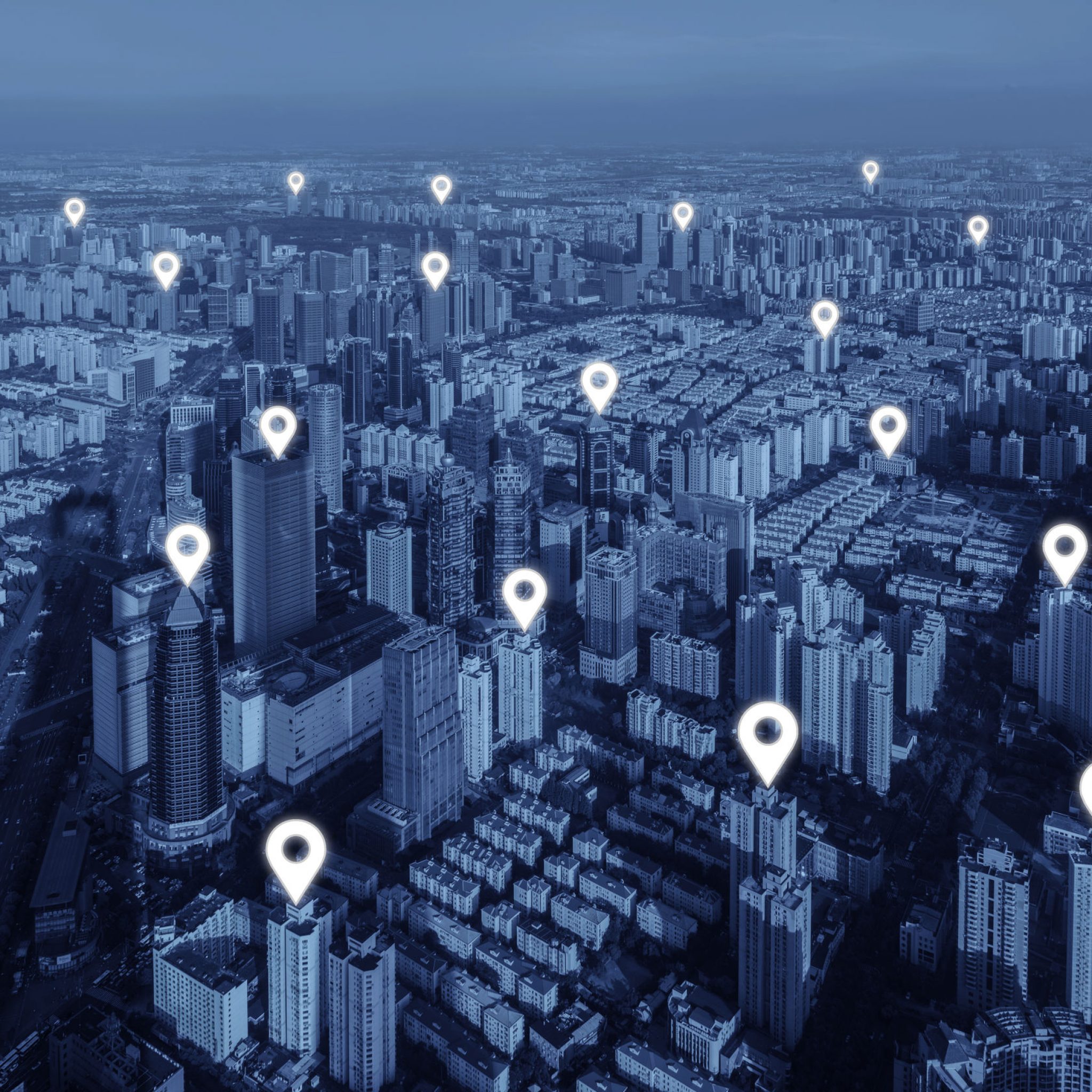Apple is explicitly targeting Facebook in its new privacy announcement for iOS 14’s ATT (app … [+]
We’ve known Apple’s new privacy provisions in iOS 14 have been coming since summer 2020. Apple most recently required all apps to have “privacy nutrition labels,” which most apps are complying with. Next up is the full implementation of ATT: App Tracking Transparency, which Apple says is coming in the next beta update of iOS, the company’s mobile operating system for iPhone and iPad.
Squarely in the crosshairs?
Facebook.
The social company’s name isn’t mentioned once in Apple’s latest announcement, but the app that Apple chose to feature for the new app install privacy pop-up screen is none other than Facebook’s.
The new App Tracking Transparency screen Apple is featuring in its latest privacy announcement post.
This is not a coincidence.
In December last year, Facebook recently engaged in a major media pushback against Apple’s privacy provisions in ads placed in the New York Times, the Wall Street Journal and other major newspapers, saying that Apple’s changes would hurt small businesses. Plus, of course, massive social media giants.
Part of Apple’s response?
Highlighting Facebook’s role in the information economy and the rise of surveillance capitalism.
Of course, the changes in iOS 14, including ATT, are not just targeted at Facebook, or Google, or any of the major platforms for advertising. They’re generally aimed at ensuring people can decide what data advertisers and ad networks can access, and how those players can use that data. The reality is that there is economic cost to this, because the modern digital economy relies, to some extent, on hyper-targeting to match brands, products, and consumers.
Facebook’s ad campaign was self-serving: there’s no doubt about that.
But it doesn’t make their arguments wrong.
“I rely on retargeting for my consulting business,” Sasha Souza, who runs a creative consultancy, told me recently on Facebook. “If they lose that much, imagine how much those of us with small businesses will lose in not being able to advertise to people who showed an interest, but for whatever reason it wasn’t right at that very moment.”
The flip side of the equation is that data trafficking has resulted in major harms to our society. Cambridge Analytica was just one example, and The Social Dilemma highlighted more.
Apple’s stake in the ground is putting people in control of their privacy. It’s hard to argue that this isn’t a net positive to the planet. Advertisers and marketers will simply have to find privacy-safe and compliant ways of connecting with customers.
And giant internet platforms that have relied on advertising income are having to rethink how they do business. That may cost them severely, with some estimates ranging to $25 billion over the next 12 months.


/https://specials-images.forbesimg.com/imageserve/6012e7b7dde9183515b507b6/0x0.jpg)










